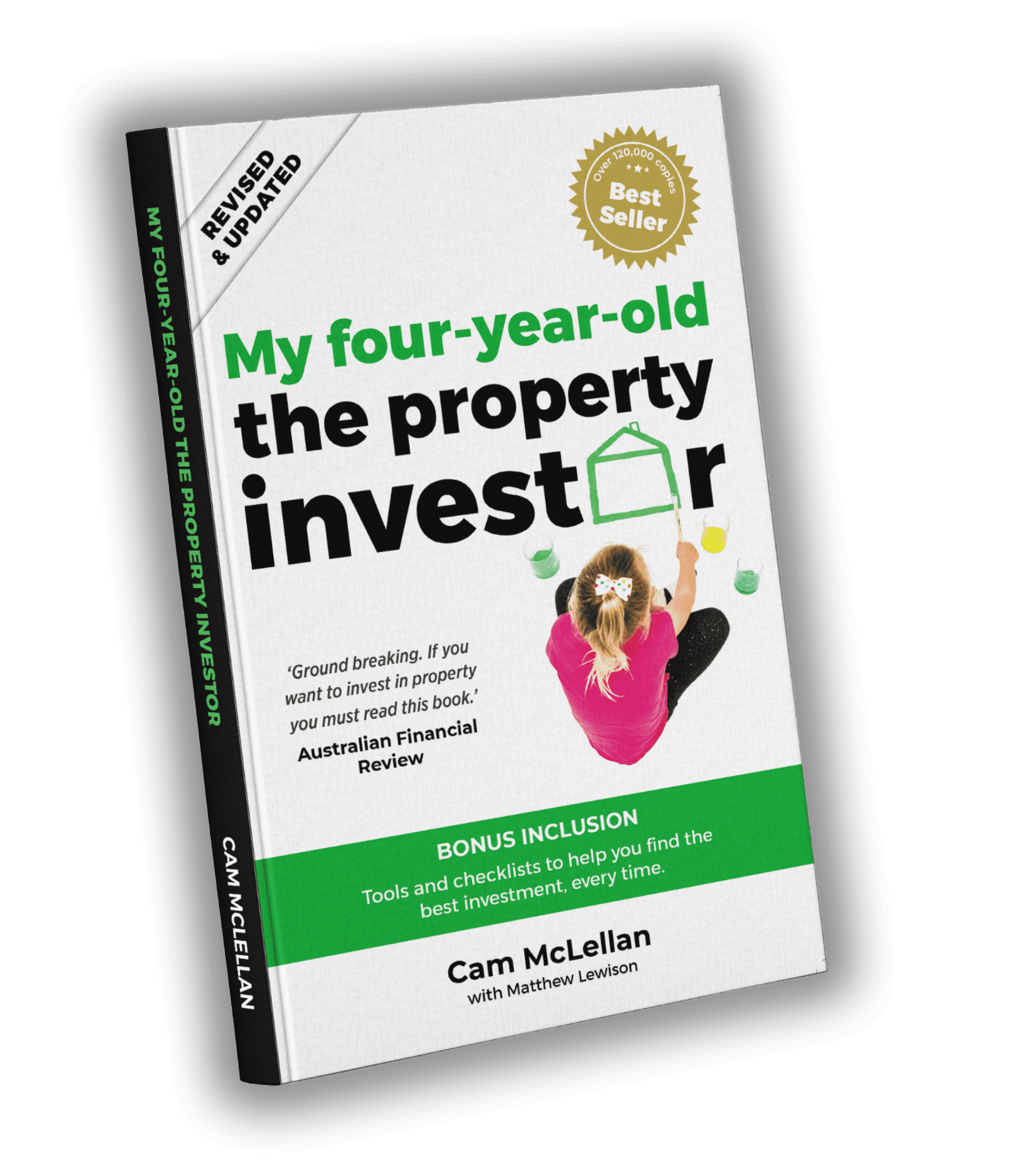Get It in Writing: How to Read a Contract for Property Investments
By Cam McLellan
In property investing and business, it’s always important to ensure that everything you do, including any agreements you make, are written down.
If you want to start building a property portfolio, you’re going to have to get used to contracts. You’ll be seeing a lot of them. Below, I’ve outlined not just why written contracts are so important, but also how you can read them and understand them. You’ll be the better for it, I promise.
Get it in writing: The importance of written contracts
A written contract makes any agreement legally binding. Not just that though. It also helps to serve as a reference in the future.
With everything I do, I ensure I get things in writing. In business, it’s now a habit for me to ask people to email me things in writing, whether it’s the minutes of meetings, verbal agreements, and so on.
Having things in writing doesn’t just keep me organised – it also ensures there are no grey areas. It guards against misunderstandings or disputes. Basically, it documents all the terms of your agreement to eliminate any ambiguity or confusion.
It goes without saying that the sale of real estate isn’t even enforceable unless you have a contract of sale.
How to read a contract
When it comes to property investing and business, I write my own contracts for everything where possible. If you use someone else’s contract to do a deal, it will all be in their favour, not yours.
But of course, it’s not always so easy to write your own contracts – especially in the beginning when you’re still learning your way around one. So, if you do use someone else’s contract, here are a few of my tips…
Learn legal speak
Learn to enjoy reading contracts. In the beginning, the terminology may seem confusing. Lawyers have developed certain words and phrases that most people don’t come across every day, so it seems complicated at first.
But once you pay attention and keep asking questions, you will quickly realise they are just fancy words for simple concepts.
Sure, you will start out as the person with all the seemingly stupid questions. This is a good thing. By asking lots of questions, you’ll soon become the person with all the answers.
Once you learn and understand contracts, you won’t be fooled. Keep asking questions until you understand everything. Enjoy the learning.
Be thorough
Don’t sign anything until you understand every part of the deal and contract. Learn to love navigating around contracts.
Contracts are like the old Choose Your Own Adventure books. When you see a reference to another section in a contract, stop and go to that section to find out what it refers to.
It could say, “you will skip through a daisy garden and all will be fine”. But it could say, “you’ve just been eaten by a dinosaur”.
Take the time to check contracts in their entirety and understand them before signing. I’ve had people I have dealt with for many years try to slip additional terms into contracts that were not agreed to verbally in our deal (they never make that mistake twice).
Read each and every contract, even if the contracts may look the same as those you’ve seen in the past. Even with something as simple as an agent’s agreement to lease your property, some agents try to add all sorts of ridiculous terms, from exclusive sale agreements to uplifts in fees.
Some of the things to look out for in contracts of sale for real estate, for example, include:
Inclusions and exclusions
These cover all the extra little details of a property, from the curtains to the chandeliers or the outdoors spa. Never assume these chattels come with the property – check the fine print of your contract to see what is and isn’t included.
Special conditions
Some special conditions in a contract could include a clause that allows the seller to access your deposit early. Read through the special conditions carefully and make sure you’re comfortable with everything before you sign.
Council report
The council report is Section 149 of the contract – in it, you’ll find everything you need to know about zoning requirements and other information about the property you’re buying.
Title search page
The title search page contains details about the owner and their mortgage, property subdivisions, easements, and so forth. This will give you an idea of what you can and can’t do to your property in the future.
Keep calm under pressure
When reading through your contract, take your time and tell people that you need to do some research or that you need time to absorb the paperwork before putting pen to paper.
Don’t be scared to let a deal go if someone puts a hard close on you. Thank them and walk away. Better deals will come along.
If you are not 100% confident with a contract or haven’t the time to read over the details, email it to your legal team before signing. I still do this regularly.
If you’re just getting started in property investment, it can be tricky to navigate the unfamiliar landscape of contracts. But with time and patience, you’ll soon cotton on to the various terms and may even be able to negotiate better deals.
If you’re looking for more property investment advice, be sure to contact one of our expert consultants to give you a hand getting started.








